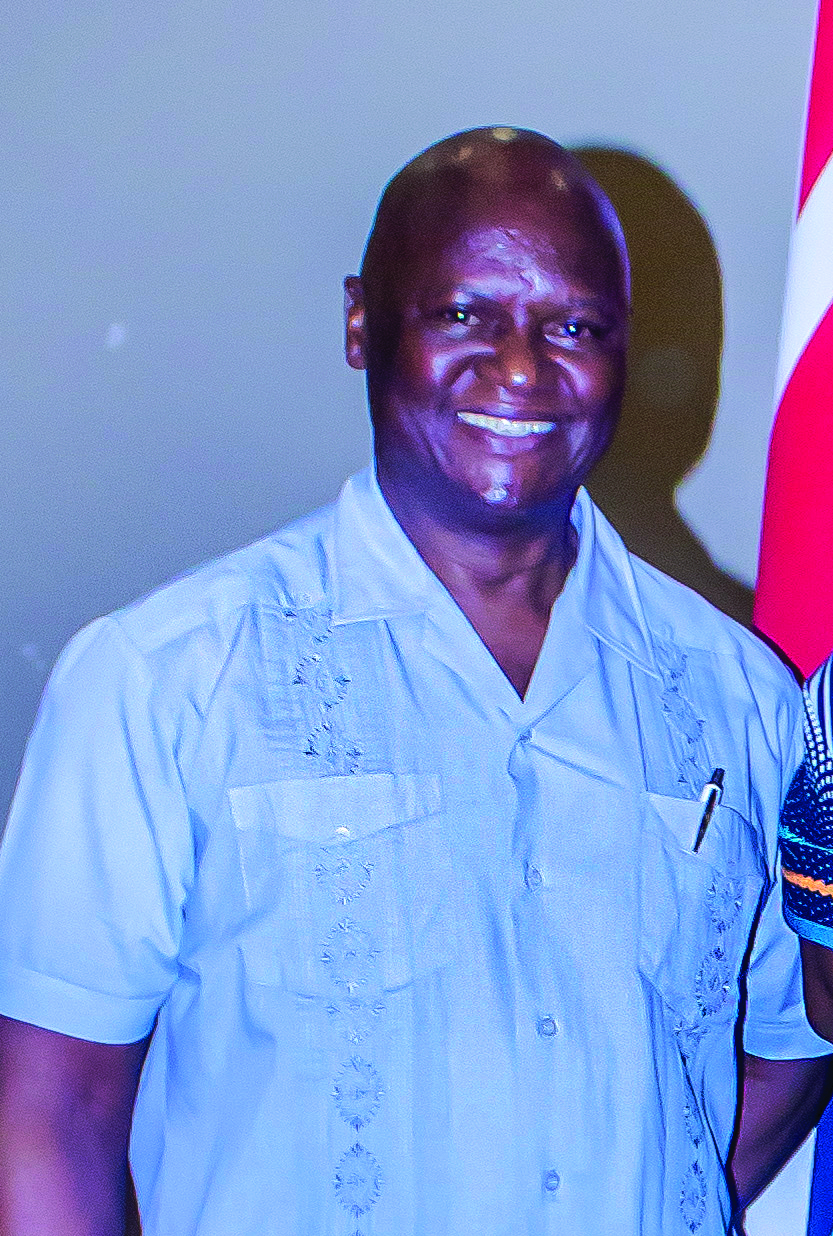Ntsoaki Motaung
Nurses, represented by the Lesotho Nursing Association (LNA), have taken a bold step by petitioning the Speaker of the National Assembly, Tlohang Sekhamane, urging parliament to tackle the pressing issue of nurse unemployment in the country.
Their plea includes a crucial request for the government to establish a structured nursing labour migration program through bilateral agreements with high-income countries.
They said this initiative would combat the chronic unemployment plaguing nurses and provide them with opportunities for meaningful employment abroad.
The nurses emphasised that the government can draw inspiration from the successful bilateral agreement between Lesotho and South Africa in the mining sector, leveraging its positive outcomes to address nurse unemployment effectively.
According to the association, such agreements hold the promise of substantial economic benefits for Lesotho, chiefly through remittances that could result from nurses working abroad.
Additionally, LNA said the return of nurses from these programs could bolster the national health system, addressing critical shortages and enhancing healthcare delivery.
Furthermore, nurses highlight the potential for exchange programs with partner countries, facilitating knowledge transfer and fostering professional development.
Additionally, they anticipate that partner countries may extend support for the education and training of more nurses and professionals in other critical sectors, further enhancing Lesotho’s human capital and capacity.
The association pledged its full support to the parliament and the government throughout the entire process, ensuring that the initiative is implemented effectively and yields maximum benefits for the nation.
In their correspondence to the speaker, nurses detailed the current landscape of nurse training institutions in Lesotho, highlighting the production capacity and subsequent employment challenges faced by graduates.
With six nurse training institutions in operation, an average of 200 nurses and midwives are annually produced across certificate, diploma, and bachelor’s levels, with the majority attaining diplomas.
However, despite this steady influx of trained professionals, a significant portion find themselves unemployed upon graduation.
“Amongst the graduates, majority find themselves wanting as in 2020 Unemployment rate of Nurses and Midwives at 28.43 percent (n1349)’ which was even 4 percent higher than the national unemployment rate of 24 percent,” the letter read.
LNA said that this disparity underscored the urgent need for intervention by oversight institutions, such as parliament, to address the systemic issues contributing to this crisis.
Moreover, the association underscored the detrimental impact of rising nurse unemployment on the value of the substantial investment made in the training of nurses.
The association further highlighted a global trend: it said the International Council of Nurses estimates a staggering shortage of 6 million nurses worldwide, a number projected to double to 13 million within the next decade.
It indicated that this concerning statistic underscores the critical need for qualified healthcare professionals on a global scale.
In light of this shortage, the association pointed out a growing interest among nurses in Lesotho to migrate abroad for employment opportunities. It disclosed that a significant 86 percent of nurses in Lesotho were considering migration, driven by the prospect of better prospects elsewhere.
However, despite this desire to seek employment abroad, LNA said structural challenges hinder the migration process for nurses in Lesotho. It said these challenges are exacerbated by Lesotho’s classification on the red list by the World Health Organization (WHO).
“The high-income countries with existing diplomatic relations with Lesotho such as the United States, the United Kingdom, and Canada as well as the gulf region, are actively looking for nurses to fill their nursing post across their health sector,” the letter read.
Summary
- Nurses, represented by the Lesotho Nursing Association (LNA), have taken a bold step by petitioning the Speaker of the National Assembly, Tlohang Sekhamane, urging parliament to tackle the pressing issue of nurse unemployment in the country.
- The association pledged its full support to the parliament and the government throughout the entire process, ensuring that the initiative is implemented effectively and yields maximum benefits for the nation.
- The association underscored the detrimental impact of rising nurse unemployment on the value of the substantial investment made in the training of nurses.

Your Trusted Source for News and Insights in Lesotho!
At Newsday Media, we are passionate about delivering accurate, timely, and engaging news and multimedia content to our diverse audience. Founded with the vision of revolutionizing the media landscape in Lesotho, we have grown into a leading hybrid media company that blends traditional journalism with innovative digital platforms.









